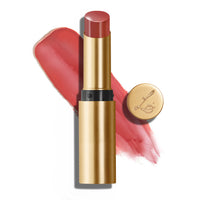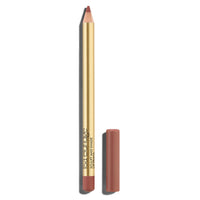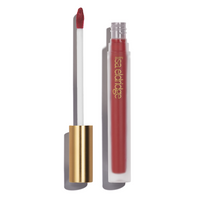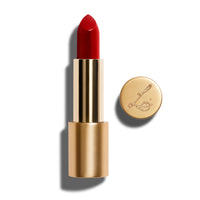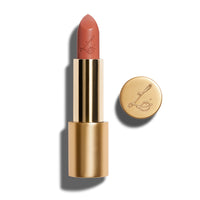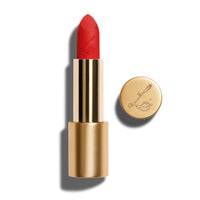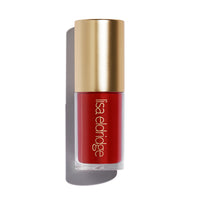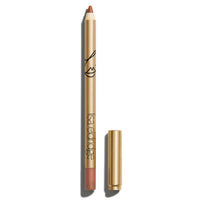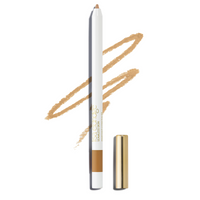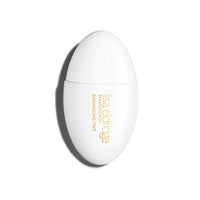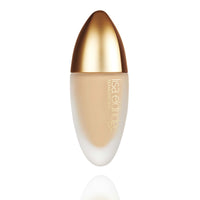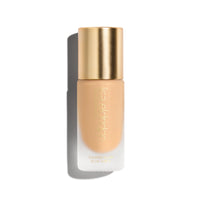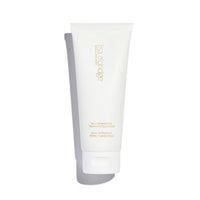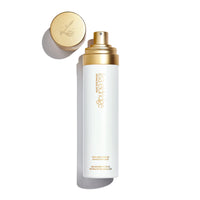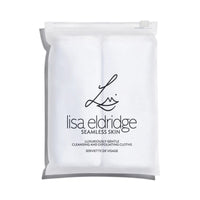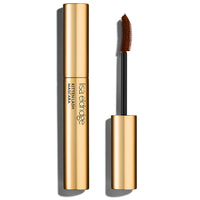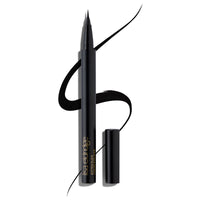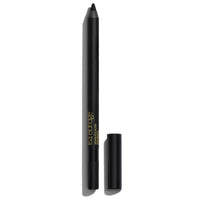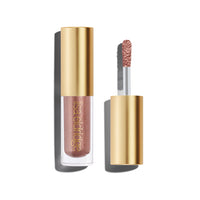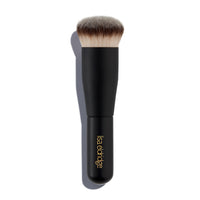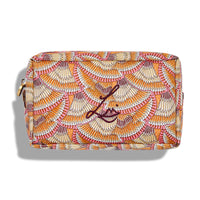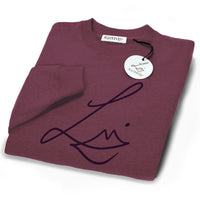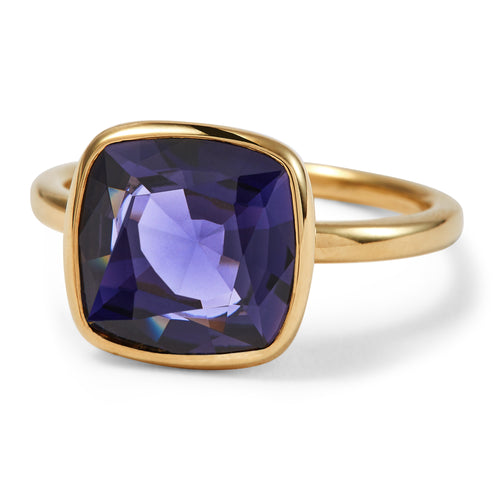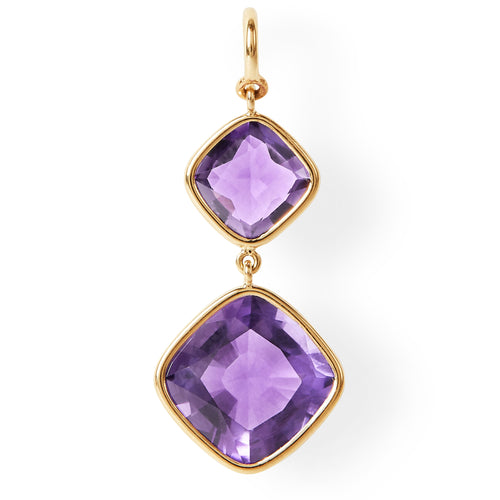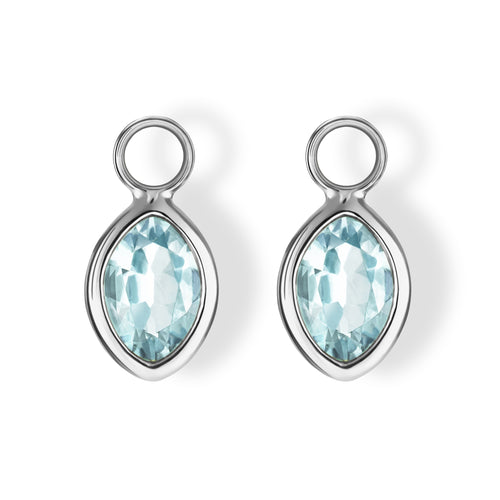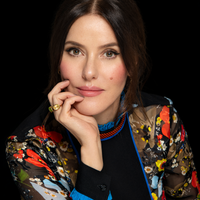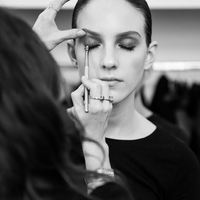Free shipping on orders over £35
My latest videos

Quick and Easy Eye Lift 💫

Quick Tip: Sculpt and Enhance Your Socket Line Like a Pro!

Lucy Boynton 1950s Makeup Masterclass – with guest artist Emily Bilverstone

The Betty Eyeshadow Palette

New Launches, New Shades 🤎 💜
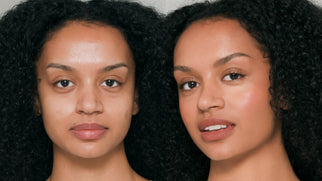
“Bring Back the Glow” Makeup ✨
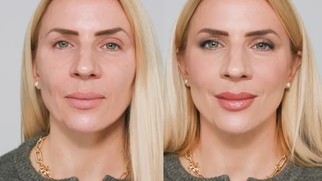
Full Circle Makeup Moment! (Trigger warning: this video contains a conversation about domestic violence)

Microdose your makeup

My FIRST Concealer!!!

The Confidence Boosting Power of Makeup

This one REALLY surprised me...

Natural Makeup Look with a 90’s Edge - Keira Knightley's Cover Look
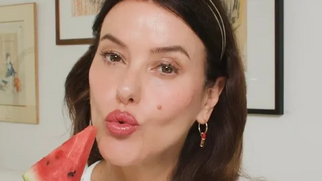
Tips for Glowing Skin and Juicy Lips ✨
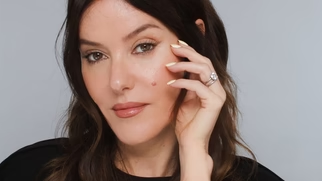
Easiest Winged Eye EVER! ✨

Trying Trending Drugstore Products 💄
My portfolio
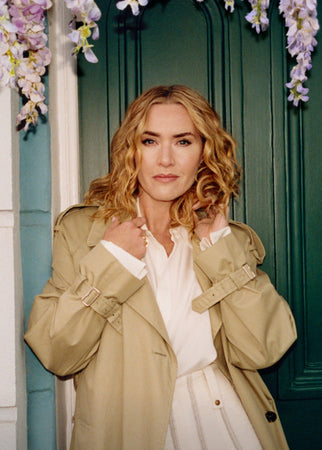
London In Love - Kate Winslet - Burberry
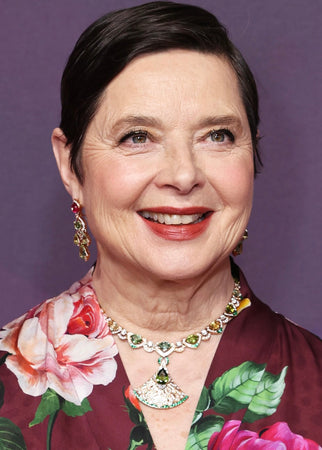
Isabella Rosellini – BAFTA 25

Isabella Rosellini – BAFTA 25
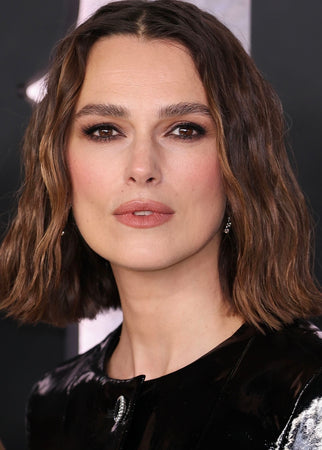
Keira Knightley – ‘Black Doves’ Premiere
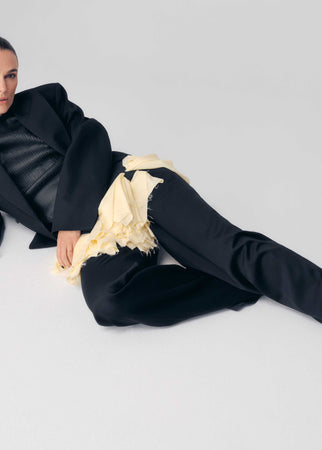
The Sunday Times Style - Keira Knightley - Olivia Frølich
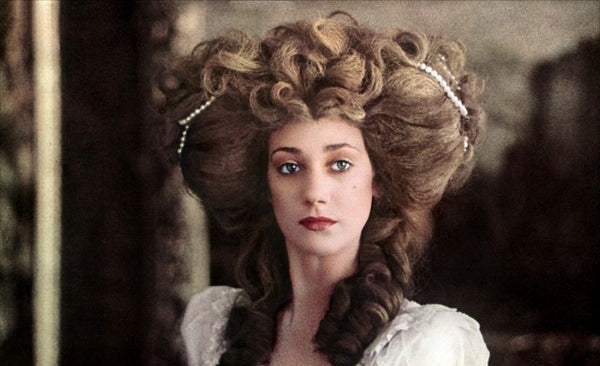
Barry Lyndon #makeupmoments
For the next in my series of #makeupmoments I wanted to take you back to the 1700s and showcase Stanley Kubrick’s beautiful period drama film, Barry Lyndon.
Based on William Makepeace Thackeray's 1844 novel 'The Luck of Barry Lyndon', the film tells the story of the rise and fall of an Irish Adventurer, Barry Lyndon (played by Ryan O'Neal), who marries into high society in 18th-century Europe. It’s far from the normal costume drama and is completely Kubrick-esque.
Although it received a mixed reception on its release in 1975, it won four Oscars at that year's Academy Awards and is now regarded as one of Kubrick’s greatest films. I remember watching it for the first time and being completely spellbound by how beautiful it is - the exquisite costumes, intricately adorned wigs and white-powdered, beauty-spotted makeup looks are a visual feast for the eyes, and add to the richness and sumptuosity of the scenes.
The makeup was designed by makeup legend Barbara Daly. I’m sure that lots of you will already be familiar with Barbara's name - she was mentored by Grace Coddington and has made up everyone from supermodels to actors, prime ministers and royalty (she famously did Princess Diana’s makeup for her wedding day).
Before filming Barry Lyndon, Barbara worked with Stanley Kubrick on another of his iconic films, A Clockwork Orange. As there had been so much controversy around this film, Kubrick wanted to keep details about his new project a secret - the only things the press at the time knew was that it would be shot mostly in Ireland and would star Ryan O’Neal and the beautiful Marisa Berenson (seen here as Lady Honoria Lyndon). Apparently even Marisa didn’t know too many details about the film when she was hired for her part, but was instructed to keep out of the sun so that her skin would stay pale, as was fitting to the 18th century time period of the movie.
I was really excited to speak to Barbara about her how she created the wonderful makeup looks...

L.E. Being a historical film, and one that was so different to period dramas and movies of the time, how did you choose the makeup looks?
B.D. Barry Lyndon broke a lot of new ground because period films had always been done in one of two ways - they were either almost period, where actors were made up glamorously and looked good in the film, but didn’t look anything related to that period. Or, they were totally period, which is what I used to do in television.
I discussed this with Stanley and said look, we can go one of two ways. The real period is slightly more difficult to do from a beauty point of view, because most people in that era weren’t particularly healthy - they were dealing with lead poisoning, bad skin and rotten teeth. They looked shocking most of the time!
L.E. Yes, diseases like smallpox were particularly rife weren’t they, which often left survivors with pock-marks and scarring. Plus, like you say, the makeup ingredients used at the time, like ceruse or white lead, were very dangerous.
B.D. Exactly. So the other option, and the way I thought Stanley would want to go, was to be inspired by the painter Gainsbourgh. Milena Canonero, the costume designer, was already using this reference for the clothes and Leonard, the hairdresser, was doing the same with the hair and the wigs, so it seemed perfect. So we decided to make the makeup beautiful, and lose the true realism of the time.
L.E. Once you had made that decision, how did you go about researching the makeup?
B.D. I researched a lot of paintings from that period and spent a lot of time in the National Portrait Gallery working out how to do that look. We basically wanted everybody to look like a painting. It took quite a lot of time to work out how to make the skin and eyes look right and to get the perfect colour for the lips and cheeks.
Then we did the same thing as A Clockwork Orange, lots of experiments with the correct lighting in the studio. We spent a long time filming and photographing the makeup because transposing the period paintings to a human face for modern film, as you can imagine, was quite a challenge - we had to work hard to get it correct.
Also, as the film was set in a pre-electrical age, Stanley wanted to light everything with candles - no artificial light - which made it really interesting. We were given candles in daylight as well as using other yellow light that impersonated candlelight.
L.E. I bet that was a bit of a challenge - I image it’s hard enough to shoot still photography illuminated only by candlelight, never mind moving image.
B.D. Yes, in a lot of the scenes the actors were told to move as slowly as possible, to avoid underexposure.
L.E. But the lighting also added to the painterly qualities that you wanted to achieve through the makeup. I also read that when Stanley was unable to find a camera lens capable of filming the candle-lit scenes, he used one that had been built by Carl Zeiss for NASA, that had the largest aperture of any lens built for a movie - it must have been such an interesting process.
B.D. It was fascinating, I absolutely loved working on this film.
Thank you again to Barbara for such an inspiring chat.
As always, if you have any suggestions for my next Makeup Moment, please let me know.
*With the exception of Baume Embrace Melting Lip Colour, which contains a food-grade, soft vanilla flavouring, that does not contain any allergens
Welcome!
Please select your shipping destination

The product
Has been added to your basket
Log in

You are about to switch to my Jewellery website, but you still have Beauty products in your shopping bag.



